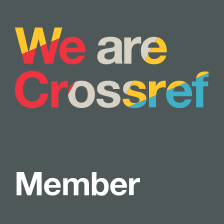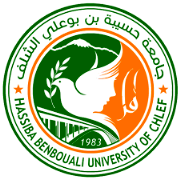Implementing Differentiated Instruction Strategies to Develop EFL Learners’ Intercultural Competence: Voices from an Algerian Secondary School Context
DOI:
https://doi.org/10.70204/jlt.v5i2.628Keywords:
Algerian Secondary School learners, Differentiated Instruction Strategies, EFL classrooms, Intercultural CompetenceAbstract
Developing intercultural competence (IC) is an important area in foreign language education to help learners communicate effectively and appropriately in both global and local contexts. In Algeria, several studies have focused on intercultural education at the tertiary level, whereas the secondary school context is still underrepresented. Therefore, this study aimed to enhance intercultural competence among twenty learners affiliated with the second-year foreign language stream by implementing differentiated instruction strategies. This investigation lasted for three months and adopted a single case study methodology. The classroom materials and tasks were designed according to Byram’s (2021) model of intercultural competence and Tomlinson’s (2001) pioneering pedagogical model of differentiated instruction which highlights that a variety of students’ needs requires the use of a variety of strategies and techniques in EFL classes to cover the three main curricular components: content, process, and product. The pedagogy is also responsive to learners’ readiness levels, interests, and learning profiles. Qualitative data were collected through teacher’s observation and learners’ reflective writing. The findings reveal that the differentiated classroom materials and tasks have improved secondary school learners’ intercultural attitudes as they showed openness and curiosity about other cultures. In addition to gaining intercultural knowledge, learners were able to compare and contrast cultural aspects, identify stereotypical and ethnocentric images about others and mediate between conflictual interpretation of phenomena. Finally, the study recommends that EFL secondary school teachers consider the richness and importance of targeting intercultural education through the implementation of differentiated instruction pedagogy to meet learners’ needs for enhancing their intercultural competence.














